Shopping bag made from recycled newspaper courtesy of an artist in Czech Republic
Consuming less plastic and recycling what we use are common refrains in the ongoing battle to clean up our ocean. But a recent World Ocean Radio broadcast, “Bad Trash to Good Cash,” sheds new light on the subject.
As Peter Neill, Director of the World Ocean Observatory, so elegantly states, “What if we built a new economy on a recycling ethic, a price or tax structure built on the inherent value of re-use, the concept that an item is more valuable if it can be used longer or it can be re-used for a process and production that exploits and affirms its economic basis again and again in a cycle of maximum utility and return? What if it costs more, not less, to purchase a non-recyclable item built from a waste-based process?”
Just, think–perhaps with Neill’s model in place we wouldn’t have to pay more for recycled printer paper or recycled paper towels.
We can start small by stretching our creativity and thinking before we throw items away. How many different uses can we find for yogurt cups or tennis ball cans? I recycle nearly all of the plastic that comes through my life. Check out the list of recyclable plastics in your area. It’s probably longer than you think.
Next, we could applaud (and buy from) cottage industries, such as Ocean Sole, which support recycling and sustainability. Ocean Sole packs a one-two punch because it re-purposes thousands of flip flops that wash up on Kenyan beaches each year into beautiful sculptures. The organization also helps it employees rise above subsistence-level living with secure jobs.
On an even larger scale, we applaud those with the ingenuity to create common objects from waste, such as Mike Biddle who strips plastic waste to its essence and re-purposes it to electronics and appliance manufacturers.
Peter Neill’s economy based on a recycling ethic is achievable. How many other examples can you find where plastic waste is re-used and recycled to its maximum utility?


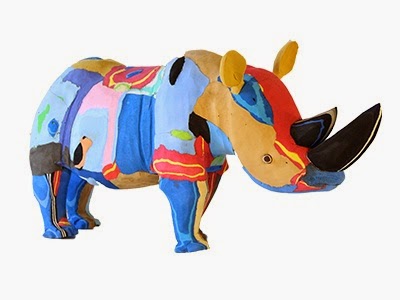
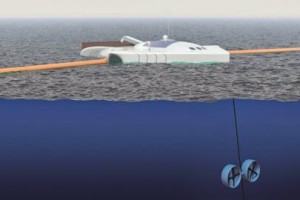
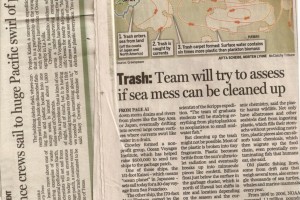
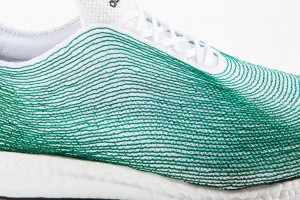

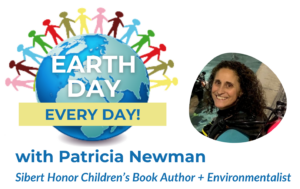
Leave a Reply
Your email is safe with me.